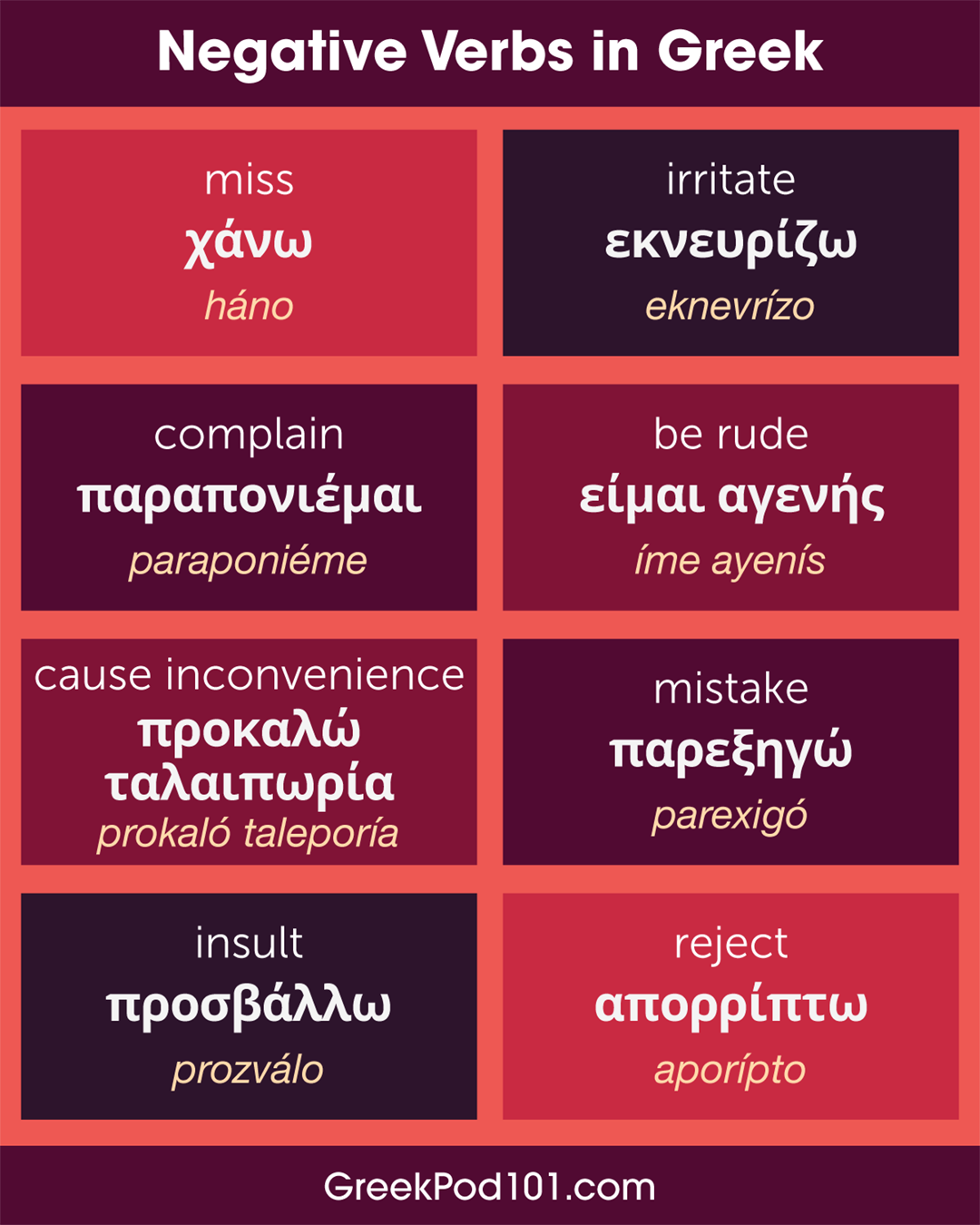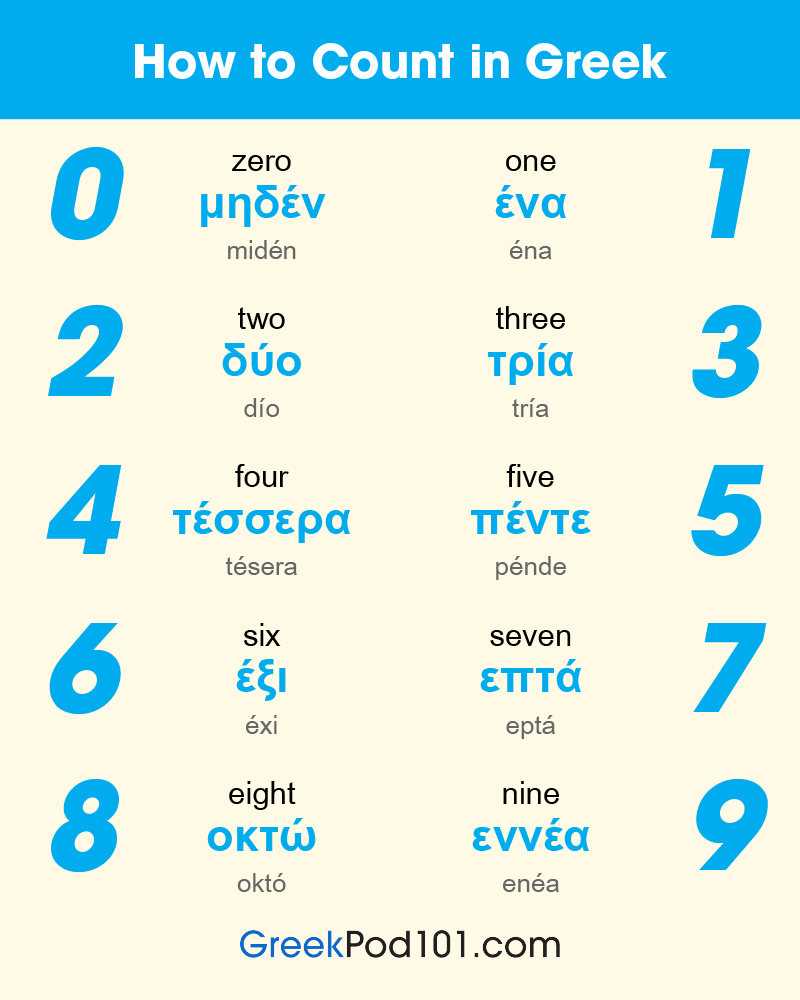Who doesn’t enjoy a heartfelt compliment?
I don’t know about you, but Greeks do enjoy compliments very much!
Giving and receiving compliments is what brings people closer.
Whether between friends, colleagues, or even lovers, complimenting is an integral part of everyday life.
In this article, we’ve gathered the best Greek compliments, along with what they mean and how to use them! By the time you finish reading, you’ll be able to share everything you’ve always wanted with the people you appreciate. We’ll explore how to compliment someone’s looks, work, and skills, with relevant examples.
So, are you ready to begin complimenting in Greek? Then continue reading.

Table of Contents
- An Introduction to Greek Compliments
- Complimenting Someone’s Look
- Complimenting Someone’s Work
- Complimenting Someone’s Skills
- How to Make Your Compliments Sound More Sincere
- What to Expect After Giving Compliments
- Conclusion
1. An Introduction to Greek Compliments
First things first, let’s have a look at how to say the word “compliment” as a noun in Greek.
- Greek: (το) κομπλιμέντο
- Romanization: kompliméndo
- Translation: “compliment”
Did you notice anything interesting?
I’m sure you did:
The Greek word κομπλιμέντο (or κοπλιμέντο) is very similar to its English equivalent. The explanation is really simple: both words are borrowed from Italian. At this point, we should note that this term is widely used in everyday conversations.
However, there’s another Greek word for “compliment,” demonstrated below.
- Greek: (η) φιλοφρόνηση
- Romanization: filofrónisi
- Translation: “compliment”
This term is an original Greek compound word. More specifically, it consists of the words φίλος (fílos), meaning “friend” + φρονώ (fronó), meaning “to think” or “to consider.” It’s a very scholarly word, so it’s not widely used in everyday conversations; however, you might encounter it in Greek books and literature.
Now let’s take a look at how to say “giving a compliment” in Greek.
- Greek: Κάνω ένα κομπλιμέντο.
- Romanization: Káno éna kompliméndo.
- Literal Translation: “I do a compliment.”
- Meaning: “I give a compliment.” / “I compliment.”
Whereas in English, we can simply use “compliment” as a verb, there’s no equivalent verb in Greek. So the same meaning can be expressed by using the phrase κάνω ένα κομπλιμέντο (káno éna kompliméndo), which literally means “I do a compliment.” Please note the difference, since in English, the verb “to give” is used in this case (instead of “to do”), which might confuse novice Greek learners.
2. Complimenting Someone’s Look
Complimenting someone on their looks can really cheer them up!
In Greek, however, it’s more common to compliment someone’s look when flirting, rather than between friends. Nevertheless, this is definitely not a constraint, as many close friends also compliment each other.
You can find the most common Greek phrases for complimenting someone’s look below.
- Greek: Τα μαλλιά σου είναι πολύ ωραία σήμερα.
- Romanization: Ta maliá su íne polí oréa símera.
- Translation: “Your hair is very nice today.”
- Example Situation: When you want to compliment someone (male or female) on their hair.
- Greek: Μου αρέσει η μπλούζα σου.
- Romanization: Mu arési i blúza su.
- Translation: “I like your blouse/shirt.”
- Example Situation: When you want to compliment someone (male or female) on their blouse/shirt.
- Greek: Έχεις όμορφο χαμόγελο.
- Romanization: Éhis ómorfo hamóyelo.
- Translation: “You’ve got a pretty smile.”
- Example Situation: When you want to compliment someone (male or female) on their smile.
- Greek: Είσαι πολύ γλυκός!
- Romanization: Íse polí glikós.
- Translation: “You are very sweet!”
- Example Situation: When you want to compliment someone (male) on his personality.
- Greek: Είσαι η πιο όμορφη γυναίκα που έχω γνωρίσει.
- Romanization: Íse i pio ómorfi yinéka pu ého gnorísi.
- Translation: “You are the most beautiful woman I have ever met.”
- Example Situation: When you want to compliment someone (female) on her beauty.
Please note that giving such personal compliments to someone of the opposite sex might be perceived as flirting, so use them wisely. Within the same context, Greek men tend to give many compliments…even to random women in the streets. There’s nothing to be afraid of, though. Just smile and say thank you.
If you want to learn more about Greek flirting, take a look at our list of the Top 15 Love Phrases.
3. Complimenting Someone’s Work
Another context where complimenting is really important is in our work environment. After all, we tend to spend a third of our life in our workspace. So, giving and receiving work-related compliments is crucial for bonding with colleagues, as well as for making progress.
Here are the most common Greek compliments that can be used in a work environment:
- Greek: Μπράβο!
- Romanization: Brávo!
- Translation: “Bravo!”
- Example Situation: When you want to praise someone.
- Greek: Συγχαρητήρια!
- Romanization: Siharitíria!
- Translation: “Congratulations!”
- Example Situation: When you want to congratulate someone.
- Greek: Έχεις κάνει πολύ καλή δουλειά.
- Romanization: Éhis káni polí kalí duliá.
- Translation: “You’ve done a very good job.”
- Example Situation: When you want to praise someone for their work.
- Greek: Είσαι πολύ εργατικός / εργατική!
- Romanization: Íse polí ergatikós / ergatikí!
- Translation: “You are very hardworking!”
- Example Situation: When you want to praise someone for their hard work.
- Greek: Η παρουσίασή σου ήταν πολύ καλή.
- Romanization: I parusíasi su ítan polí kalí.
- Translation: “Your presentation was very good.”
- Example Situation: When you want to praise someone who has just finished their presentation.
- Greek: Η ιδέα σου ήταν εξαιρετική.
- Romanization: Ι idéa su ítan exeretikí.
- Translation: “Your idea was excellent.”
- Example Situation: When you want to praise someone for their idea.
4. Complimenting Someone’s Skills
Excellent skills are hard to find. Therefore, we should recognize them and praise those who have them accordingly. This acknowledgement is what keeps people going and becoming better and better.
Below are some of the most common Greek compliments on someone’s skills.
- Greek: Έχεις πολύ ταλέντο!
- Romanization: Éhis polí talédo!
- Translation: “You are very talented!”
- Example Situation: When you want to praise someone (male or female) for their skills.
- Greek: Είσαι εξαιρετικός μάγειρας!
- Romanization: Íse exeretikós máyiras!
- Translation: “You are an exceptional cook!”
- Example Situation: When you want to praise someone (male) for his cooking skills.
- Greek: Είσαι εξαιρετική μαγείρισσα!
- Romanization: Íse exeretikí mayírisa!
- Translation: “You are an exceptional cook!”
- Example Situation: When you want to praise someone (female) for her cooking skills.
- Greek: Βγάζεις πολύ ωραίες φωτογραφίες!
- Romanization: Vgázis polí orées fotografíes!
- Translation: “You take very nice shots!”
- Example Situation: When you want to praise someone (male or female) for their photos.
- Note: In Greek, the expression is βγάζω φωτογραφία, which is literally translated as “take out photos.”
- Greek: Μιλάς πολύ καλά ελληνικά.
- Romanization: Milás polí kalá eliniká.
- Translation: “You speak very good Greek.”
- Example Situation: When you want to praise someone (male or female) for their language skills.
- Greek: Είσαι σίγουρος/-η ότι δεν είσαι επαγγελματίας;
- Romanization: Íse síguros/-i óti den íse epaggelmatías?
- Translation: “Are you sure you’re not a professional?”
- Example Situation: When you want to praise someone (male or female) for their skills in a specific sector.
5. How to Make Your Compliments Sound More Sincere
Although compliments should always be honest, there are a few things you can do to seem more sincere. In Greece, there isn’t anything specific you should do while giving compliments, but here are a few useful tips:
- A shining smile is always a good way to show that you really mean the compliment. Just wear your best smile and say something honest and nice.
- Looking the other party in the eye is another way to express your honesty. In Greece, it’s considered to be the best way to detect if someone is lying.
- Feel free to clap if you’re excited. While this isn’t appropriate for more personal comments, it’s perfectly fine when giving compliments about someone’s skills or work-related achievements.
6. What to Expect After Giving Compliments
When receiving a compliment, most people kindly smile and say thank you.
Here are some relevant phrases you can use when receiving compliments in Greek.
- Greek: Ευχαριστώ πολύ!
- Romanization: Efharistó polí!
- Translation: “Thank you very much!”
- Greek: Ευχαριστώ πολύ για το κομπλιμέντο!
- Romanization: Efharistó polí ya to kompliméndo!
- Translation: “Thank you very much for the compliment!”
- Greek: Υπερβάλλεις!
- Romanization: Ipervális!
- Translation: “You are exaggerating!”
7. Conclusion
Giving a compliment is always a nice gesture; it makes people happy and brightens their day. In Greek, there are no special phrases, and at this point we could say that complimenting in Greek is very similar to complimenting in English. Indeed, even in the context of gestures, no significant differences have been found.
Put on your best smile and make others happy!
Just a short note to self: Compliment others more—even in Greek!
Is there another compliment in Greek you want to learn? Let us know in the comments!
At GreekPod101.com, we aim to provide you with everything you need to know about the Greek language in a fun and interesting way. Articles, word lists, grammar tips, and even YouTube videos, are waiting for you to discover them! And if you prefer a one-on-one learning experience, you can use our MyTeacher Messenger before heading over to our online community to discuss lessons with other students.
It’s easy, too! Start your free, lifetime account today.


































































































